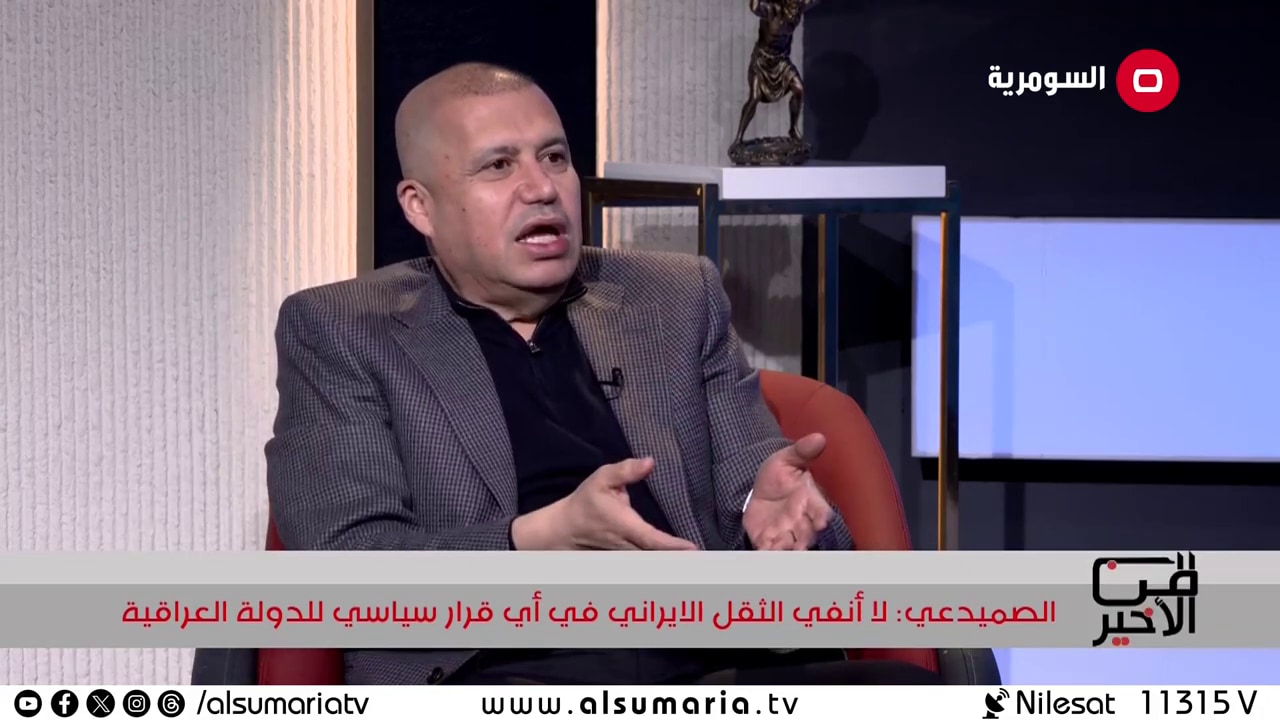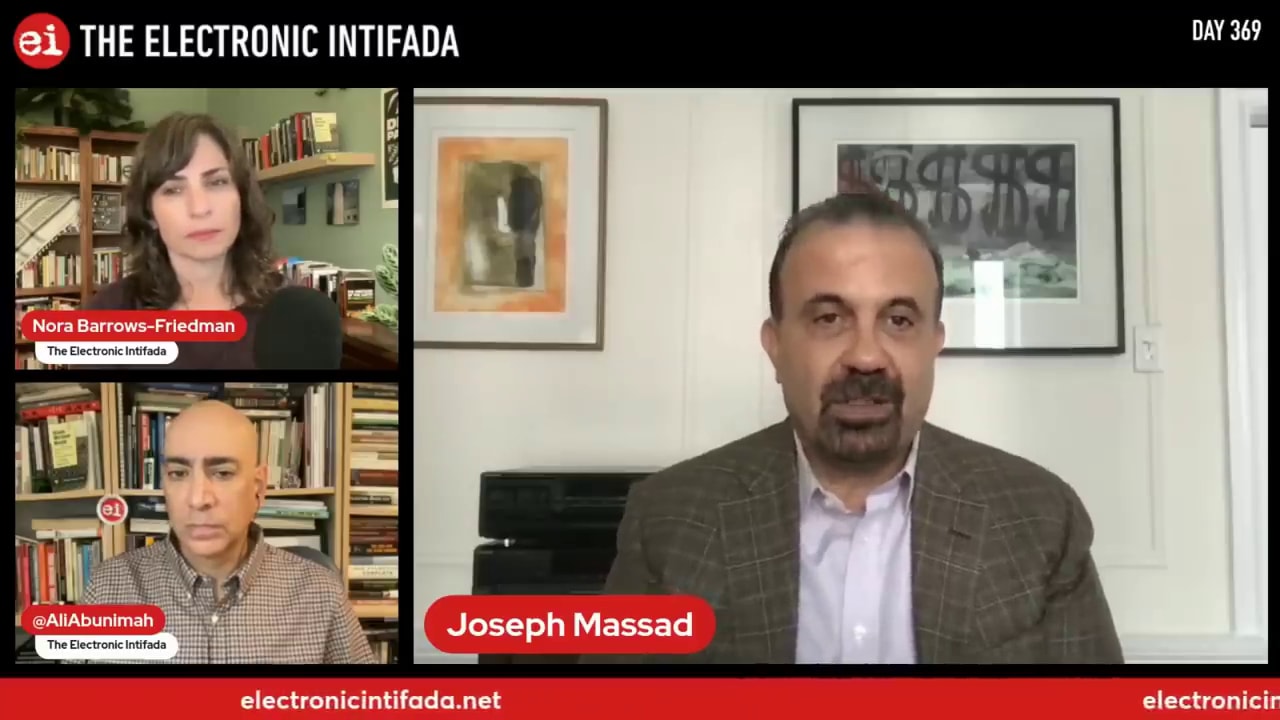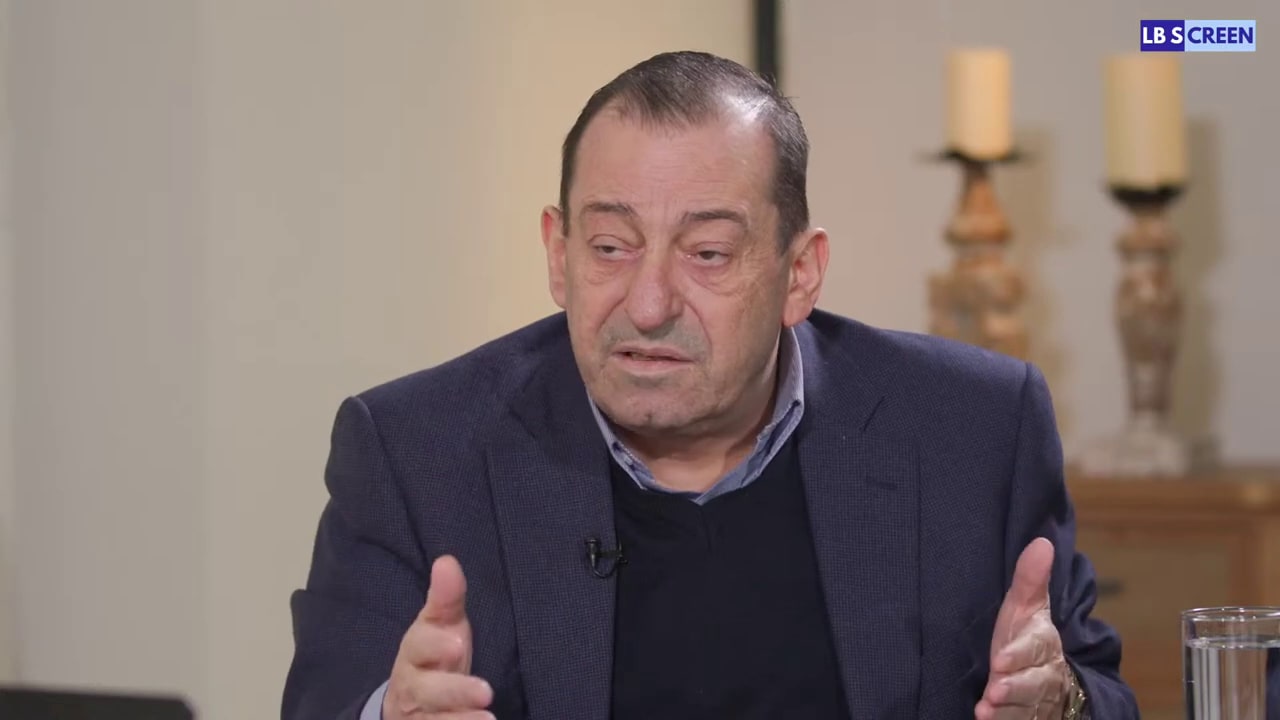
Iranian President Hassan Rouhani said in a May 8, 2019 address that aired on IRINN TV that, in keeping with the decision of the National Security Supreme Council, he sent letters to the leaders of the five countries remaining in the JCPOA announcing that Iran will stop selling surplus heavy water and surplus enriched uranium to a "certain country" in a gesture to allow the five countries to enter negotiations with Iran surrounding oil and banking. He explained that Iran has been selling surplus heavy water in excess of 130 tons to a "certain country," and that any enriched uranium in excess of 300kg has been sold to a "certain country" in exchange for yellowcake. Rouhani stated that if an agreement is not reached within 60 days, Iran will no longer abide by the JCPOA's enrichment limit of 3.67%, and it will resume building the Arak heavy water reactor according to pre-JCPOA construction plans.
Rouhani also stated that there will be an additional 60-day extension during this second phase, after which further actions would be taken. Rouhani said that the letters warned that if the five countries send the dossier back to the Security Council, they will face a "very decisive measure," which he said he elaborated upon in the letters. He then reminded Iran's friends that if Iran hadn't "played its role," terrorists would be walking around European capitals, immigrants would have flooded into Europe, and large amounts of drugs would be passing through Europe. He added that the JCPOA had been a win-win agreement, and that if it becomes a win-lose agreement like he said the U.S. wants, Iran will turn it into a lose-lose agreement.
President Hassan Rouhani: "In keeping with the decision of the National Security Supreme Council, I sent today five letters to the heads of the five countries that remained in the JCPOA.
[...]
"Today, we announced to the heads of those five countries that we will stop doing two things that we have doing so far. These two actions – to put it simply – were two actions of selling. Whenever our enriched material reached 300 kilograms, we have been selling the surplus to a certain country, and we have been receiving yellowcake in return. As of today, we will cease this selling. The second [type of] sale has been heavy water. Whenever our amount of heavy water has exceeded 130 tons, we have been selling the surplus to a certain country. Today, we are ending this [type of] sale as well.
[...]
"This announcement is valid for 60 days. We informed the other parties that if, within 60 days, the five countries join negotiations, and we can reach results and realize our main interests – especially with regard to the important issues of oil and banks – then we will go back to square one.
[...]
"However, if we do not reach results within 60 days, we will take two additional measures. In the JCPOA, we agreed to keep the enrichment level at the 3.67% – we will stop that. In other words, we will have no limits. The other measure relates to the Arak heavy water reactor, which was supposed to be rebuilt in cooperation with the former 5+1 countries. This process continues and we have yet to reach final results. [However,] after 60 days, we will decide to resume [building] the Arak reactor according to the plan that had existed prior to the JCPOA, and to complete the Arak reactor. We will give a 60-day extension in the second phase as well, and if we do not reach results, we plan to take additional measures. Obviously, in our message to the five countries, we stated explicitly that if they were to seek a pretext for sending the Iran dossier back to the Security Council, they will face a very decisive measure by us. I elaborated about this decisive measure in my letter to the heads of the 5 countries.
[...]
"We felt that the JCPOA needed surgery, and that the painkillers of last year were not enough. This surgery is meant to save the JCPOA, not to kill it.
[...]
"I'd like to say one more thing to our friends.
[...]
"You know that if we did not play our role, the terrorists would be walking about arrogantly in the Europeans capitals. You know that we prevented the flood of immigrants to Europe through this region, and that we received – and are still receiving – millions of immigrants. You know that we served as the greatest trench in the fight against drugs. We were the ones who sacrificed 4,000 martyrs from our dear and devoted forces on our eastern borders and prevented a lot of drugs from passing through to your countries. But you all know that these actions cost billions of dollars. In the circumstances created by the U.S., we cannot pay these costs.
[...]
"I said this from day one, and I reiterate it today: The JCPOA was a win-win agreement. We will not let the U.S. turn this win-win agreement into a win-lose agreement. The world should know this. The JCPOA will not become a win-lose agreement, like America wants. If this happens, it will become a lose-lose agreement."














